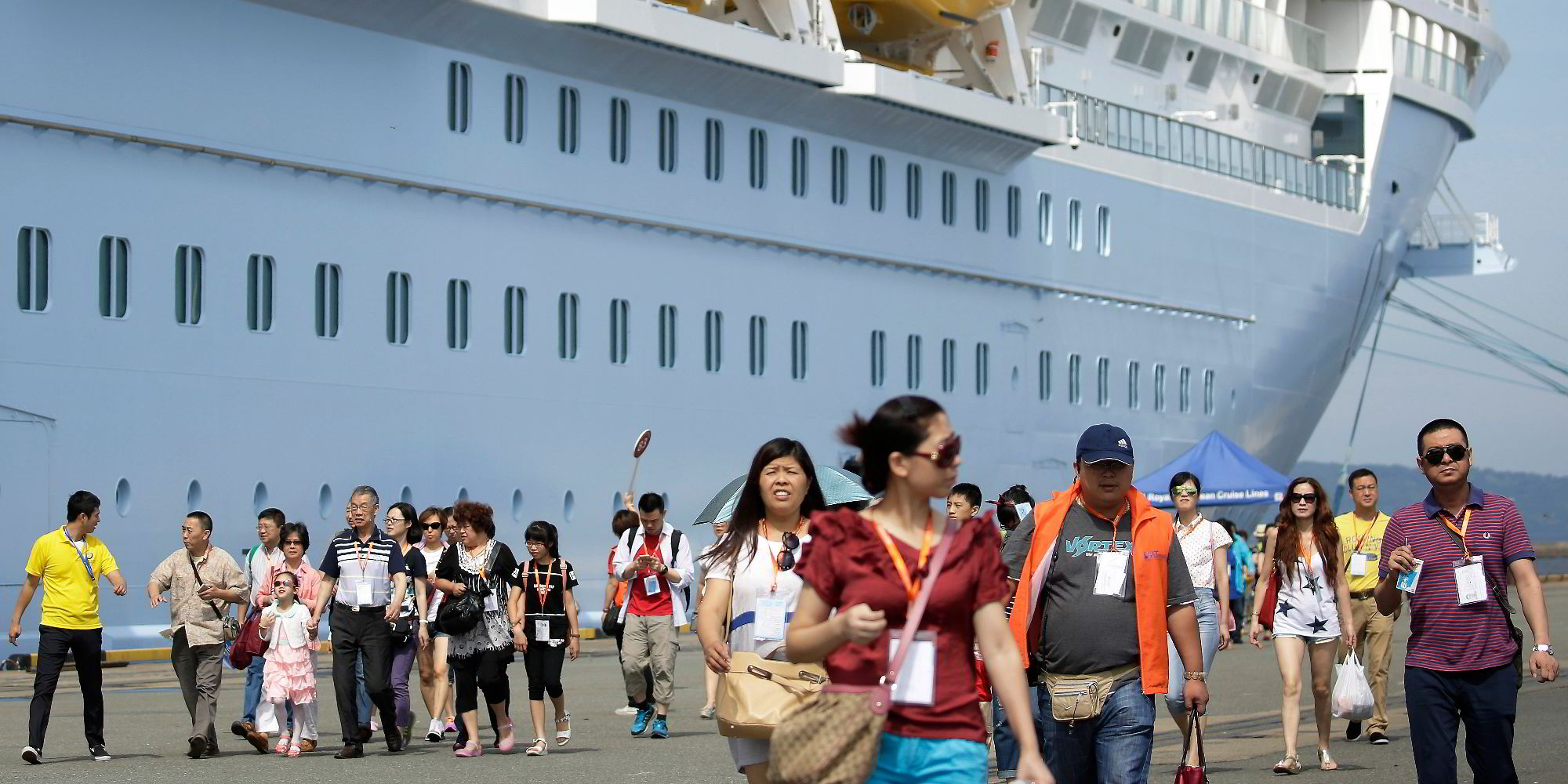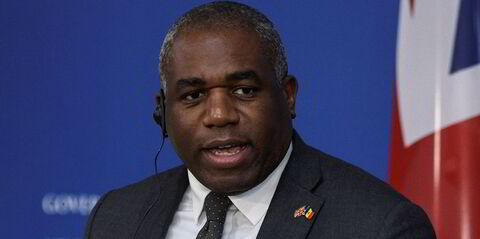The growth of the Chinese cruise market is under threat as political tensions cause operators to cut South Korea out of their China-based itineraries.
MSC Cruises has joined the list of China cruise players, including Princess Cruises and Norwegian Cruise Line, that have reduced the number of trips from China to Korea.
Industry sources say the move is in line with Beijing’s retaliatory steps against Seoul’s planned instalment of the US’ Terminal High Altitude Area Defense (THAAD) anti-missile system.
Japanese destinations have been scheduled as an alternative.
This latest political spat between China and its close neighbours has seen Chinese officials discourage tourism to Korea through both official and unofficial measures, including restricting travel permits.
Korean news sources report that the Chinese government aims to reduce the volume of Chinese tourists to Korea, which peaked at more than eight million last year.
The Chinese government regards THAAD as a threat to its national security, while US and Korean officials say it will be used purely as protection against a missile attack from North Korea.
Neither side backing down
So far none of the countries involved appear prepared to back down.
Most of the major cruise operators working from China are not immediately affected as most of their ships are deployed outside of China for the winter. But they might be forced to rework their schedules when the ships return for the summer season.
A diplomatic spat such as the one China is having with Korea could have a significant effect on China’s rapidly growing cruise industry. For operators basing ships in northern Chinese ports, such as Shanghai and Tianjin, destinations are limited to ports in Korea and Japan.
Official discouragement leaves Japan as the only possibility. But Sino-Japanese relations are often testy, especially as China increasingly flexes its muscles over disputed islands in the South China Sea.
A major dispute that broke out between the two countries in 2010 saw the number of Chinese tourists visiting Japan drop to a trickle following official discouragement from Beijing.
The problem for cruise players is that if Sino-Japanese tensions flare up at the same time that relations with South Korea remain tense, it could bring the Chinese cruise industry to a halt.
Rows usually blow over
One Asian cruise industry source says that China’s frequent spats with its neighbours usually blow over quite quickly, followed by a sudden rebound in tourism. That proved to be the case with Japan in 2010 and Vietnam in 2014.
However, that will come as little comfort to cruise players who have deployed assets worth billions of dollars into the Chinese market. To succeed, they count on political stability and consistency.



